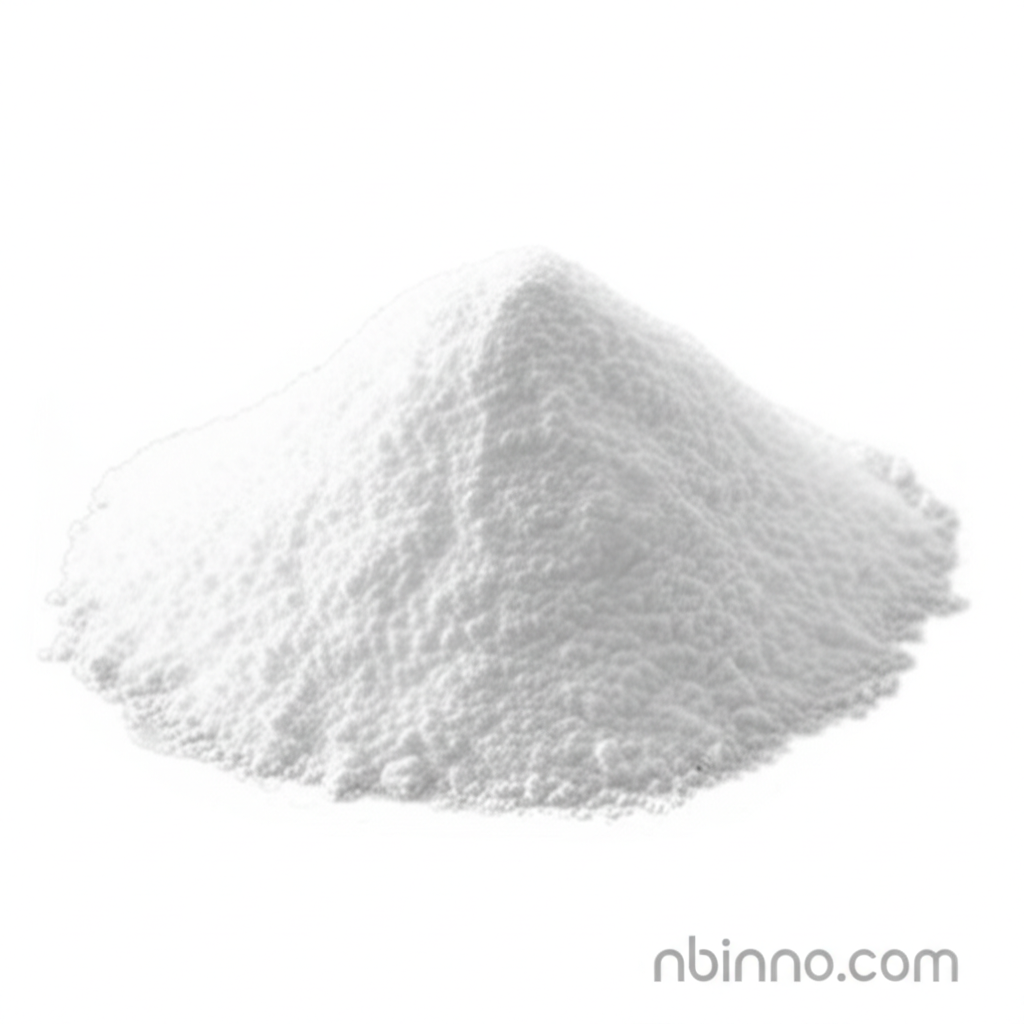Unveiling Sirolimus: A Comprehensive Guide to its Medical Applications and Impact
Explore the multifaceted uses of Sirolimus, from transplant success to groundbreaking research.
Get a Quote & SampleProduct Core Value

Sirolimus
Sirolimus, also known as Rapamycin, is a powerful immunosuppressant and mTOR inhibitor. It plays a critical role in preventing organ transplant rejection, particularly kidney transplants, by preventing the body's immune system from attacking the new organ. Its unique mechanism of action also makes it valuable in treating conditions like lymphangioleiomyomatosis, a rare lung disease, and it's utilized in coronary stent coatings to prevent restenosis.
- Explore the sirolimus immunosuppressant function in post-transplant care, crucial for long-term graft survival.
- Understand the diverse rapamycin medical applications, extending beyond transplantation to other critical health conditions.
- Learn about the crucial mTOR inhibitor side effects and how they are managed to ensure patient safety.
- Discover key sirolimus drug interactions that healthcare providers must consider for optimal patient outcomes.
Key Advantages of Sirolimus
Immunosuppression Efficacy
Sirolimus provides potent immunosuppression, significantly reducing the risk of organ rejection. Its targeted action on T and B cells offers a distinct advantage in managing immune responses post-transplant.
Versatile Therapeutic Applications
Beyond transplantation, Sirolimus is vital for treating specific conditions like lymphangioleiomyomatosis and is incorporated into advanced medical devices such as drug-eluting stents to improve cardiovascular outcomes.
Ongoing Research Potential
The exploration of sirolimus research into areas like cancer therapy and longevity highlights its broad potential and ongoing scientific interest, promising future advancements.
Key Applications
Organ Transplant Rejection Prevention
A cornerstone in preventing rejection after kidney transplants, leveraging its potent immunosuppressive qualities.
Lymphangioleiomyomatosis Treatment
Offers a therapeutic option for this rare, progressive lung disease, improving patient quality of life.
Coronary Stent Coating
Used in drug-eluting stents to inhibit restenosis, improving outcomes for cardiovascular procedures.
Vascular Malformations and Angiofibromas
Demonstrates efficacy in managing vascular anomalies and facial angiofibromas, expanding its clinical utility.
